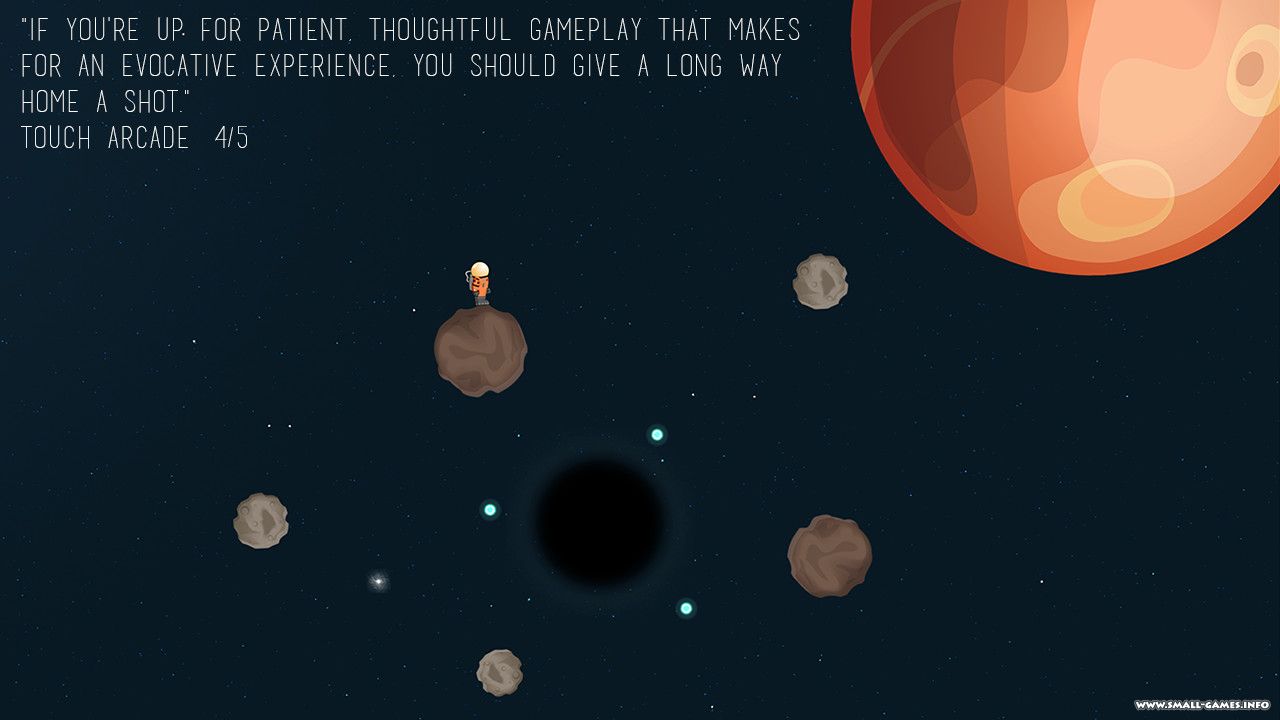



This then stands as an early influence on Saroo's later belief that blood and marriage are inadequate or incomplete signifiers of family, since his father seldom does anything to support his children with Kamla. Saroo and his siblings have little contact with their father throughout their childhoods because of this. While Kamla is Hindu, Saroo's birth father is Muslim, and after taking a second wife, he distances himself from Kamla and her children, and is at times violent and abusive towards her. Saroo begins by describing the way he grew up in India with his birth mother, Kamla, his older brothers Guddu and Kallu, and his baby sister, Shekila. In this way, Saroo's memoir proposes first and foremost that there's no one "correct" way for families to look and instead, suggests that how families behave with each other and care for each other is far more meaningful than simply sharing blood. Similarly, he insists that being raised by his adoptive parents doesn't diminish his love for his birth mother. Saroo is extremely clear that being adopted doesn't make his ties to his adoptive parents any weaker or any different than those between biological children and their parents. As an adult, Saroo spends years using the internet to find his birth family and hometown, and finally returns to India to meet his birth mother when he's 30. Due to a misunderstanding, Saroo ended up taking a solo 24-hour journey all the way to Calcutta, where he spent weeks begging and living on the streets before being taken into custody and eventually adopted. At five years old, Saroo boarded a train from his hometown in rural India with his older brother, Guddu. A Long Way Home tells the story of Saroo Brierley, an Australian man who was adopted from India when he was a child.


 0 kommentar(er)
0 kommentar(er)
